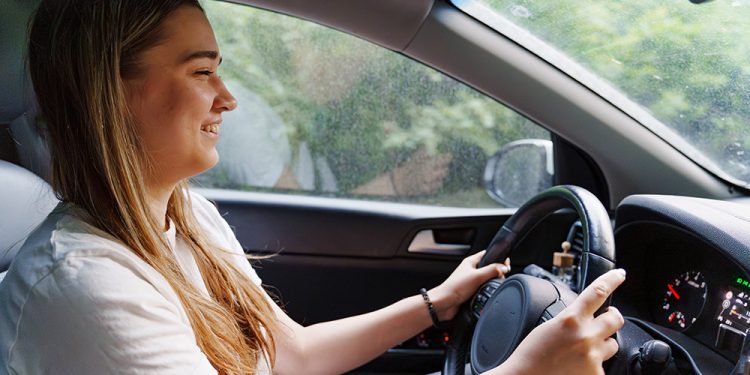Case indicates that auto coverage
doesn’t always apply when you loan a car
Carriers understandably fear that permissive use can be abused
to the point of substantially increasing their exposure; they much prefer that
every potential driver be identified on the policy and rated accordingly.
By Joseph S. Harrington, CPCU
Many of us can file this story under the mental category of, “Oh yeah, I never thought about that.”
Property/casualty professionals are aware of the well-established practice of “permissive use” in personal auto insurance. Generally speaking, someone using an insured auto with the permission of its owner is covered under the liability section of the owner’s personal auto policy.
This practice fulfills two principal functions of liability insurance, especially in personal lines: to ensure that people suffering damage and injury are compensated, and to ensure that policyholders don’t face financial hardship because they let someone borrow a car.
However, the principle of permissive use is not stated as such in most auto policies. Rather, the standardized ISO-based provisions for implementing permissive use take a somewhat convoluted approach:
- The phrase “any person using your covered auto” is included within the definition of an “insured” in the liability section of the policy; and
- An exclusion is provided that denies liability coverage for “using a vehicle without a reasonable belief that the ‘insured’ is entitled to do so.” It follows that coverage applies if an insured, defined as anyone using the vehicle, does have a reasonable belief he or she is entitled to do so.
As generally interpreted, the exclusion is not objectionable. After all, you wouldn’t want to extend coverage under an auto policy to a car thief.
Who’s entitled to what?
So, what could possibly go wrong? The insured found out in a July 2024 ruling by a state appeals court in Indiana.[1]
Simply stated, the insured in that case loaned her car to a friend, who got into an accident that caused damage. It was clear that the driver was allowed to use the car; its owner let him do so. The problem was he was not “entitled” to drive any car on public roads—because he had no driver’s license.
In its denial of coverage, the insurer stated the following:
“Although you were given permission to use [the insured’s] vehicle, our investigation indicates that you did not have a valid driver license on the date in question . . . our insurance policy has Exclusions which bar any potential coverage for someone who does not have reasonable belief that they are entitled to drive the car.”
The court upheld the insurer’s denial of coverage, and it seems reasonable that insureds should not expect their auto coverage to extend to unlicensed drivers.
Still, the case is something of an eye-opener.
Testing boundaries
For example, it’s common practice for teenagers to drive on a learner’s permit, usually with a parent present. We presume that the permit will “entitle” a youth to drive, and that any resulting damage or injury will be covered by the policy covering the vehicle. That is not explicitly stated in a standard auto policy, however. We’re relying here on a common practice, not a contractual commitment.
There are other situations that test the boundaries of permissive use auto coverage. One is where individuals train unlicensed drivers on their own, without a learner’s permit. Another is where one’s children, without knowledge of their parents, allow a friend who is not licensed to drive an insured vehicle.
The question puts personal lines agents and brokers in an awkward position, as auto insurers are not eager to publicize the fact that permissive use may be insured. Carriers understandably fear that permissive use can be abused to the point of substantially increasing their exposure; they much prefer that every potential driver be identified on the policy and rated accordingly.
In some cases, insurers have denied coverage if they learn that a vehicle has been borrowed consistently, say, 12 times over a year. It’s not clear they can deny coverage without drafting or endorsing a policy to modify the standard provisions, but they may try.
What the Indiana case makes clear is that there is more to the idea of “entitled” than the permission of a vehicle’s owner. When it comes to auto liability coverage for borrowed vehicles, there’s no room for an “entitlement” mentality.
[1] Wiley v. United Farm Family Mut Ins, Ind. Court of Appeals Case No. 24A-PL-76, decided July 10, 2024; ruling accessed at https://public.courts.in.gov/Decisions/api/Document/Opinion?
Id=2jYzpIkpOu_H4lO7ka_lINNNe2cyw9LlmdL1ZCDCSlu7nonyD2lV4t_T5N0rInrR0
The author
Joseph S. Harrington, CPCU, is an independent business writer specializing in property and casualty insurance coverages and operations. For 21 years, Joe was the communications director for the American Association of Insurance Services (AAIS), a P&C advisory organization. Prior to that, Joe worked in journalism and as a reporter and editor in financial services.






